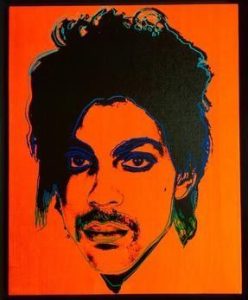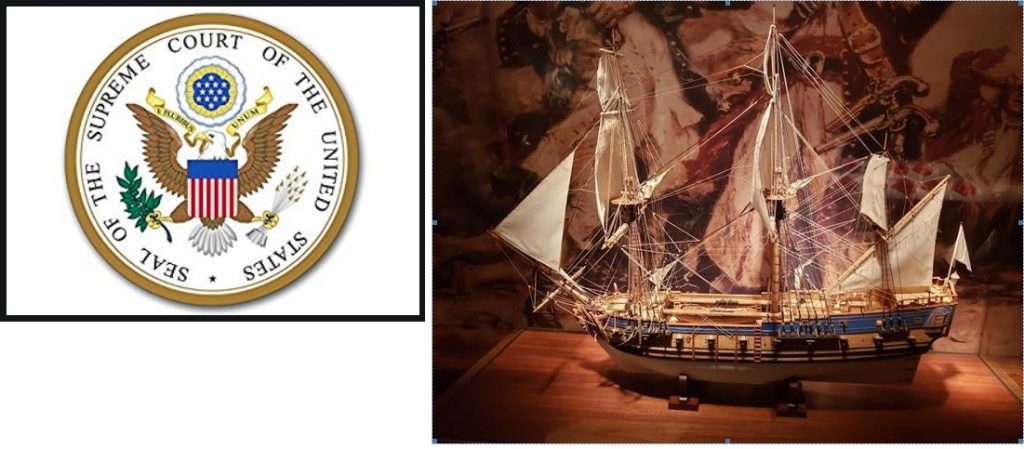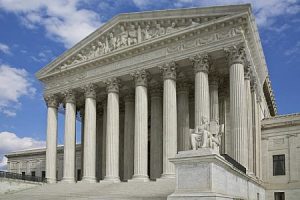The U.S. Supreme Court has ruled that Andy Warhol‘s orange silkscreen portrait of musician Prince, adapted from a photograph by Lynn Goldsmith, does not qualify as “fair use” under copyright law. The court’s decision has significant implications for artists and content creators, as it raises questions about the transformative nature of derivative works.
 In a 7-2 majority opinion authored by Justice Sotomayor, the court found that both Warhol’s artwork and Goldsmith’s original photograph served the same purpose of depicting Prince in magazine stories about him. The commercial nature of the copying further weighed against fair use. The decision has sparked concerns about potential copyright infringement lawsuits and may lead to more caution among artists using existing works as inspiration.
In a 7-2 majority opinion authored by Justice Sotomayor, the court found that both Warhol’s artwork and Goldsmith’s original photograph served the same purpose of depicting Prince in magazine stories about him. The commercial nature of the copying further weighed against fair use. The decision has sparked concerns about potential copyright infringement lawsuits and may lead to more caution among artists using existing works as inspiration.
Justice Kagan, in her dissent joined by Chief Justice Roberts, criticized the court’s shift away from transformative use, arguing that it undermines copyright’s purpose of fostering creativity and promoting progress. She contended that the majority’s interpretation restricts fair use boundaries and fails to consider the amount of new expression, meaning, or message added to a work.
 Indiana Intellectual Property Law News
Indiana Intellectual Property Law News









